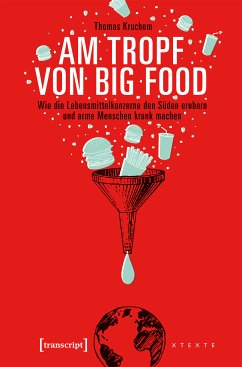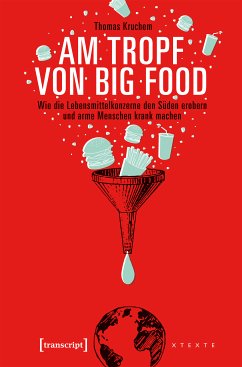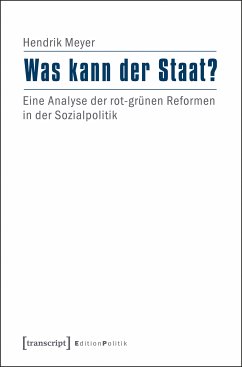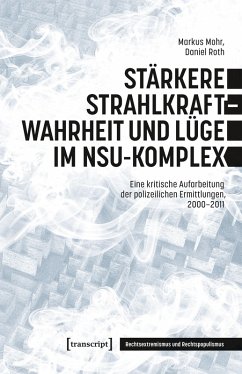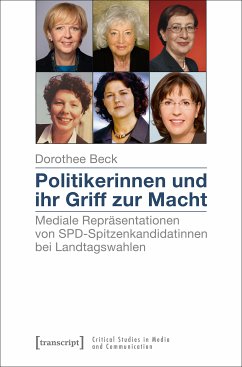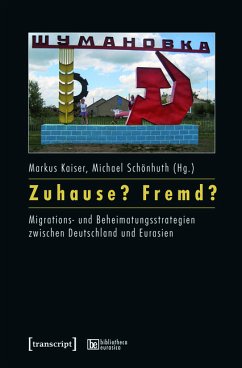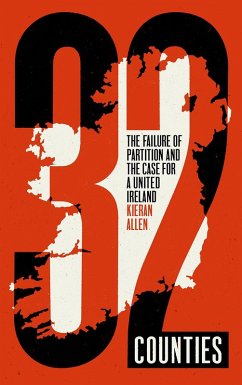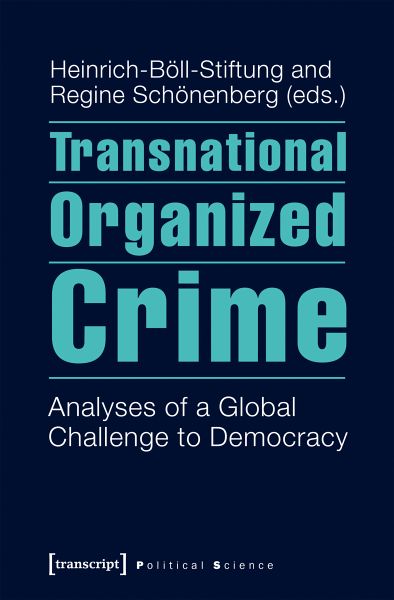
Transnational Organized Crime (eBook, PDF)
Analyses of a Global Challenge to Democracy
Redaktion: Heinrich-Böll-Stiftung e. V.; Rheinberg, Bernd; Schönenberg, Regine

PAYBACK Punkte
0 °P sammeln!
Transnational organized crime interferes with the everyday lives of more and more people - and represents a serious threat to democracy. By now, organized crime has become an inherent feature of economic globalization, and the fine line between the legal and illegal operation of business networks is blurred. Additionally, few experts could claim to have comprehensive knowledge and understanding of the laws and regulations governing the international flow of trade, and hence of the borderline towards criminal transactions.This book offers contributions from 12 countries around the world authore...
Transnational organized crime interferes with the everyday lives of more and more people - and represents a serious threat to democracy. By now, organized crime has become an inherent feature of economic globalization, and the fine line between the legal and illegal operation of business networks is blurred. Additionally, few experts could claim to have comprehensive knowledge and understanding of the laws and regulations governing the international flow of trade, and hence of the borderline towards criminal transactions.This book offers contributions from 12 countries around the world authored by 25 experts from a wide range of academic disciplines, representatives from civil society organizations and private industry, journalists, as well as activists. Recognizing the complexity of the issue, this publication provides a cross cultural and multi-disciplinary analysis of transnational organized crime including a historical approach from different regional and cultural contexts.Conception: Regine Schönenberg and Annette von Schönfeld.
Dieser Download kann aus rechtlichen Gründen nur mit Rechnungsadresse in A, D ausgeliefert werden.




